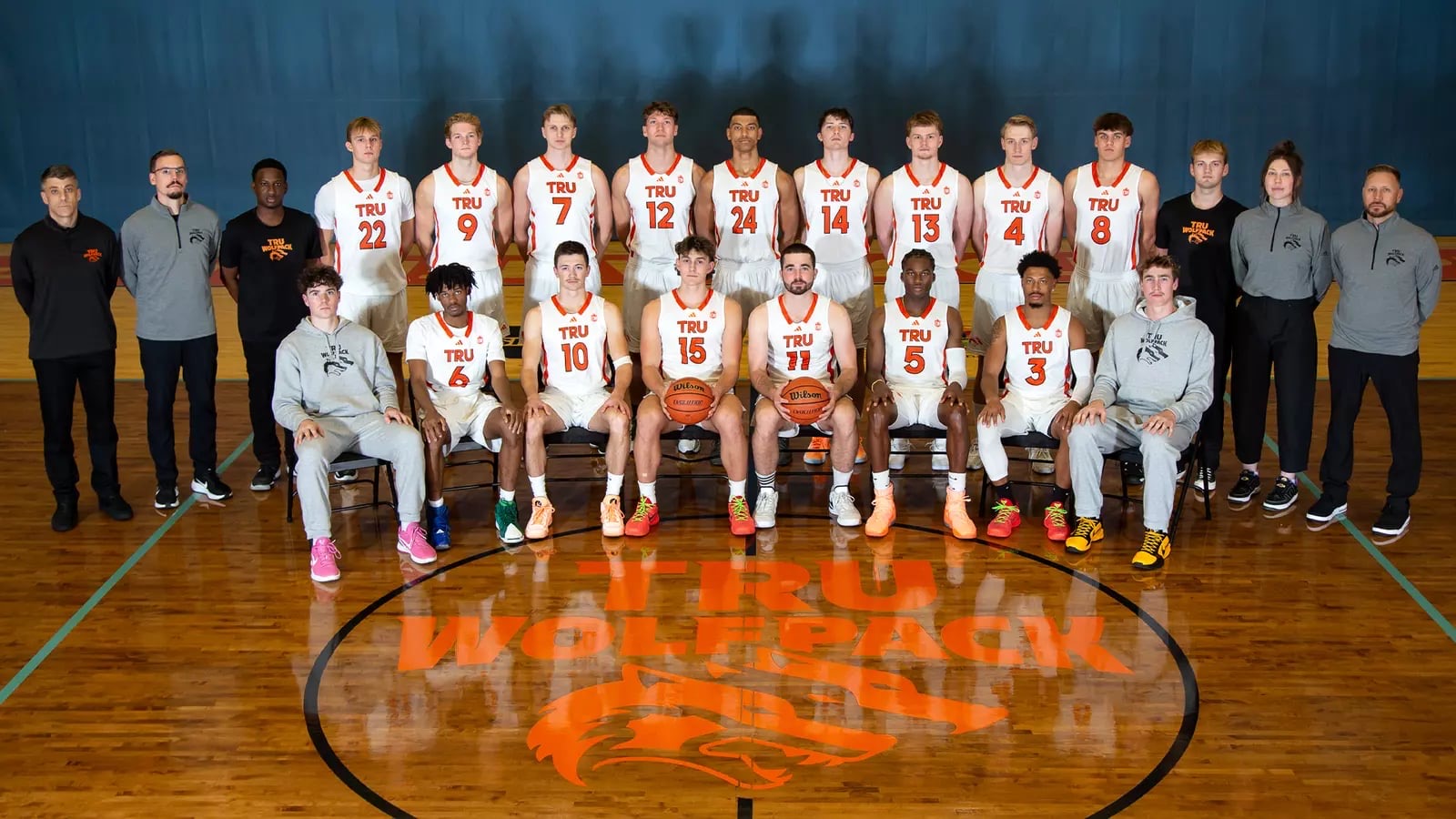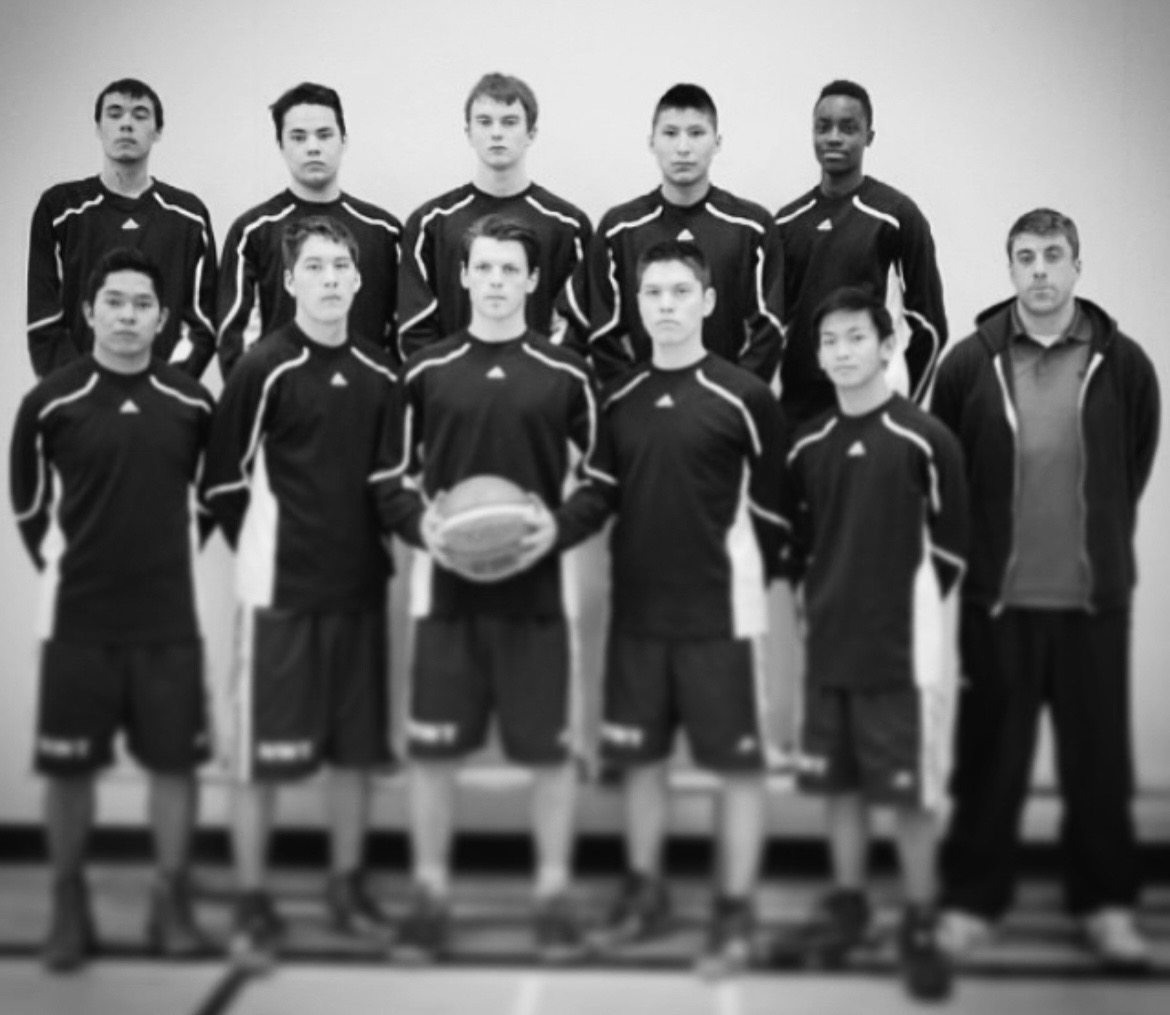It was 1994 when I first wore the Northwest Territories basketball jersey. I was 14, living in Yellowknife, with no idea that Basketball NWT would shape my life for the next 25 years.
That was also the year I first heard about the Arctic Winter Games—a multi-sport and cultural event held every two years, bringing together circumpolar communities from Russia to Greenland, Alaska to the Yukon.[1]
Since 1969, the Games have given over 2,000 athletes a chance to compete on a northern stage. But no men’s or women’s basketball team from the Northwest Territories had ever won gold.[2] Alaska was the powerhouse.
At 14, I tried out for the 19-and-under team. I didn’t make it, but the spark was lit. When tryouts rolled around again in 1996, I had another shot.
By then, I’d been grinding. I was seen as an “up-and-comer” in the NWT basketball scene. I made the team—but just barely—as an alternate. If someone got hurt or didn’t follow the code of conduct, I was in.
When the starting point guard broke his ankle, I got the call. The last pick on the 1996 team, heading to Fairbanks, Alaska, chasing history.
My first Arctic Winter Games: 1,600 participants, elite competition, my first time in Alaska. We made the finals but got crushed by a loud, hometown Alaskan crowd. We told ourselves: 1998 would be different.
In 1998, the Games came to Yellowknife. I was 18, in my basketball prime, and playing in front of friends and family. But despite the home court and a strong team, Alaska beat us again in the gold medal game.
COACHING JOURNEY BEGINS
Then came 2000. The longtime coach stepped down, and the program was left rudderless. I was a year removed from playing and hadn’t yet started my post-secondary career. At 20, I became the youngest head coach in Arctic Winter Games history—still hungry for that gold.
The 2000 Games were in Whitehorse. I coached former teammates and friends. It was fun, but we left with bronze. Still no gold for NWT.
In 2001, I stepped away to chase my own dream—playing for Vancouver Island University. I spent the next four years on the college hardwood.
After graduation, I traveled, worked, and lived life. But I always kept tabs on the NWT basketball scene. Still no gold.
THE RETURN
Then in 2011, the president of Basketball NWT called. They needed me again—as head coach and sport technical director. The pursuit was back on.
The 2012 Games were in Whitehorse, where I’d once failed as a first-time coach. We had a young, talented team, but Alaska beat us in the finals again.
So, we reloaded. We focused on discipline, development, and determination. The 2014 Games would be in Fairbanks—the same gym where I’d first played in 1996. Back where the dream began.
‘We had learnt from our mistakes during the previous games and we were ready to give it all and bring home the gold’ Team Captain Austin Smith said on the eve of the 2014 games.
But this time was different. The athletes had grit and belief. We won the semifinal and earned a final showdown with Alaska—on their home court, again.
We led the whole game. Even after an early injury to a key player, everyone stepped up. It was tight, it was tense—and finally, we did it.
The gold medal was ours.
Like Micheal Jordan said, ‘I’ve failed over and over and over again in my life. And that is why I succeed’[3]
After the Games, the players moved on to chase their own post-secondary dreams. I accepted a coaching job in the Alberta Colleges Athletic Conference.
Now, in 2025, I’m coaching at Thompson Rivers University, the highest level of amateur sport in Canada. And more than a decade later, that 2014 team is still the only one from the Northwest Territories to bring home the gold.

